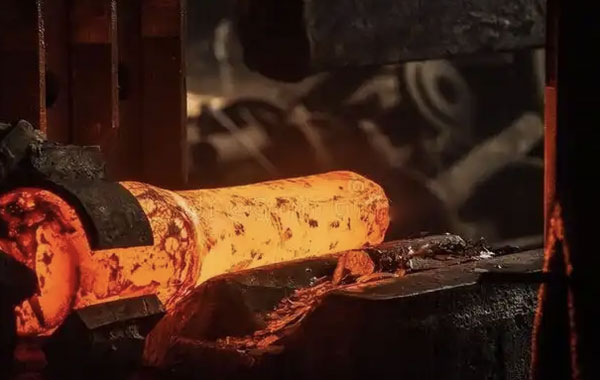Precision forging is an advanced manufacturing technique that improves part accuracy and quality while maintaining excellent mechanical properties. Enhancing part performance and precision can be achieved through the following approaches:
- Optimized Process Design:Precise die design and well-planned forging processes minimize material waste and improve forming accuracy. Advanced numerical simulation helps optimize forging parameters and predict defects for early correction.
- Improved Material Quality:Selecting high-purity alloys and implementing strict quality control measures, such as spheroidizing annealing and homogenization treatment, reduces impurities and enhances mechanical properties.
- High-Precision Die Manufacturing:The quality of forged components relies heavily on precision dies. Using high-performance die materials and advanced machining techniques, such as EDM and five-axis CNC machining, ensures superior dimensional accuracy.
- Intelligent and Automated Control:Digital monitoring systems and automated equipment enable real-time adjustments of forging parameters, such as temperature, pressure, and deformation rate, ensuring consistency and boosting production efficiency.
- Refined Post-Processing Techniques:Heat treatments like quenching and tempering optimize internal micro-structures, enhancing strength and toughness. Precision machining and surface treatments, such as polishing and coatings, further improve dimensional accuracy and durability.


